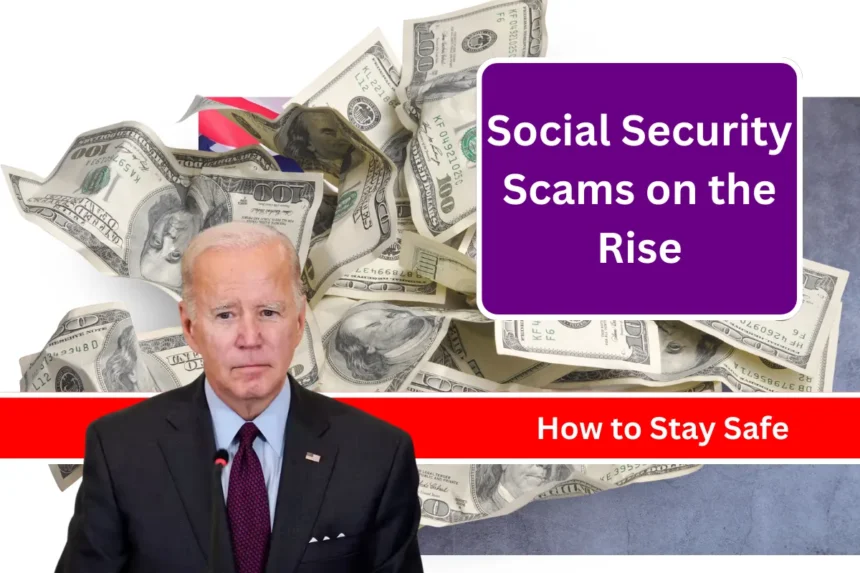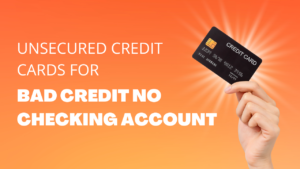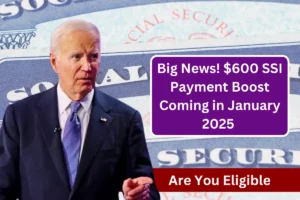Social Security scams are a big problem in the United States, especially for retirees who depend on their monthly checks. Scammers use various tricks to steal personal information or money. To help protect people, the Social Security Administration (SSA) has shared tips on how to spot and avoid these scams. This article will explain these tips and how to stay safe from fraud.
How Scammers Trick People
Common Tactics Used by Scammers
Scammers often pretend to be from the SSA or other government agencies. They might contact you by phone, email, text message, or social media. Here are some common tricks they use:
- Threatening to Arrest You: They might say you will be arrested or face legal action if you don’t pay right away.
- Suspending Your SSN: They could claim your Social Security Number (SSN) will be suspended.
- Asking for Personal Information or Payment: They may say you need to give personal information or pay to get a cost-of-living adjustment (COLA) or other benefit increase.
- Pressuring You to Act Quickly: Scammers often try to make you feel urgent to get you to reveal personal information.
- Requesting Unusual Payment Methods: They might ask for payment using gift cards, wire transfers, prepaid debit cards, cryptocurrency, or mailed cash.
- Offering to Protect Your Money: They might offer to transfer your money to a “protected” bank account.
- Asking for Confidentiality: They might ask you to keep the contact secret.
- Sending Direct Social Media Messages: They may contact you directly on social media, which the SSA would never do.
Fake Social Media Pages
Scammers also create fake social media pages that look like they are connected to the SSA. These fake pages may have SSA logos and names of real SSA officials. They might ask for financial information, SSNs, or other personal details.
How to Spot a Fake Site
Here are some signs that a social media page is fake:
- Few Followers: Real SSA pages have many followers.
- Bad Spelling and Punctuation: Fake pages often have errors.
- Links to Non-SSA Pages: Check if the links go to ssa.gov.
- Ads for SSA Forms: The SSA does not advertise forms.
- Wrong Social Media Handles: Visit www.ssa.gov/socialmedia for a list of official SSA social media channels.
What to Do If You Encounter a Scam
Stay Calm
If you get a message that makes you feel scared or worried, take a deep breath. Talk to someone you trust before taking any action.
Ignore Suspicious Messages
Hang up the phone, delete the email, or ignore the message if it seems suspicious. Do not click on any links or open any attachments.
Protect Your Money
Scammers often ask for payment methods that are hard to trace, like gift cards or cryptocurrency. Never send money using these methods if asked by someone claiming to be from the SSA.
Guard Your Personal Information
Be careful about giving out your personal information. If someone claims to be from a government agency and tells you about a problem you don’t recognize, be suspicious, even if they have some of your personal details.
Spread the Word
Tell your family and friends about these scams to help protect them. The more people know, the harder it will be for scammers to succeed.
Social Security scams are a serious issue, but you can protect yourself by being aware of the common tactics scammers use and following the SSA’s advice. Always stay calm, be cautious about sharing personal information, and report any suspicious activity to the SSA. By staying informed and spreading the word, you can help keep your community safe from these scams.
How do Social Security scammers contact people?
Scammers may contact you by phone, email, text message, or social media, pretending to be from the SSA.
What are common tricks used by Social Security scammers?
They might threaten you, claim your SSN is suspended, ask for personal information or payment, or pressure you to act quickly.
How can I spot a fake SSA social media page?
Look for few followers, bad spelling, links to non-SSA pages, ads for SSA forms, and wrong social media handles.
What should I do if I receive a suspicious message?
Stay calm, ignore the message, and do not click on any links or open attachments. Protect your personal information.
How can I protect my money from Social Security scammers?
Do not send money using gift cards, wire transfers, prepaid debit cards, cryptocurrency, or mailed cash if asked by someone claiming to be from the SSA.




